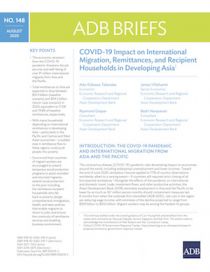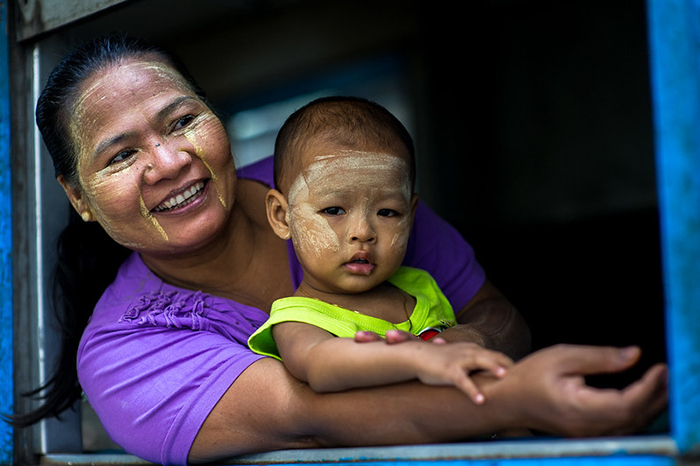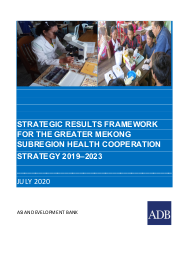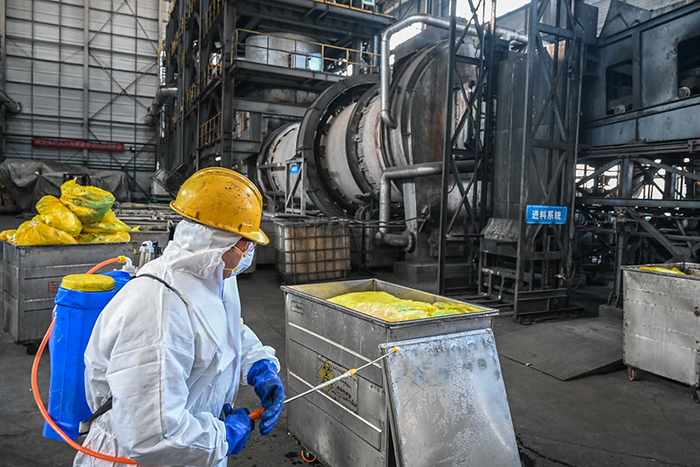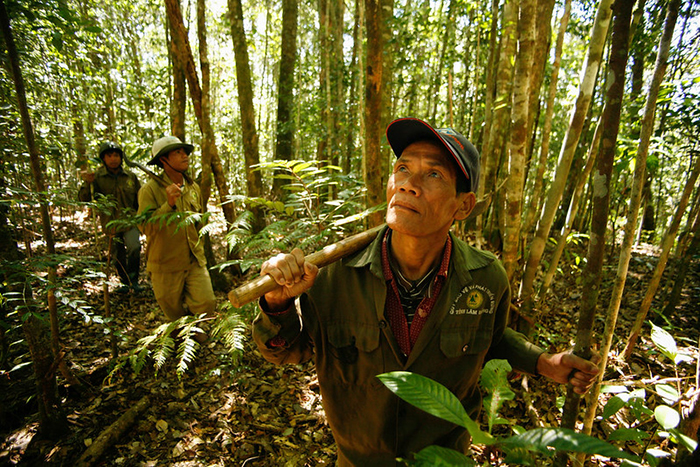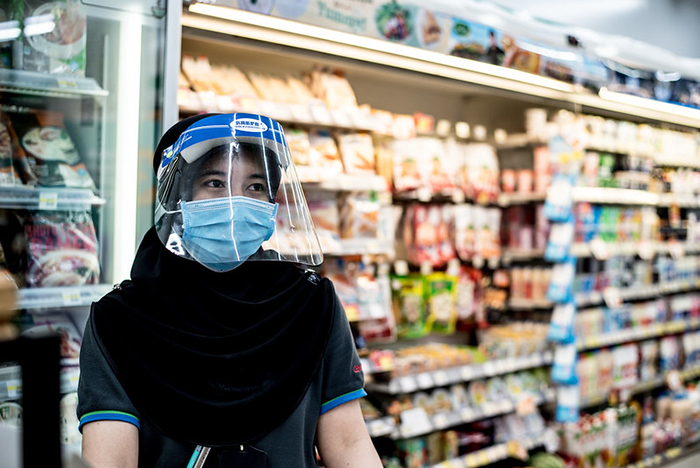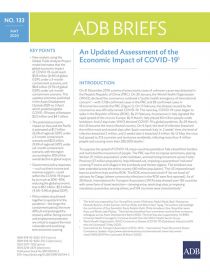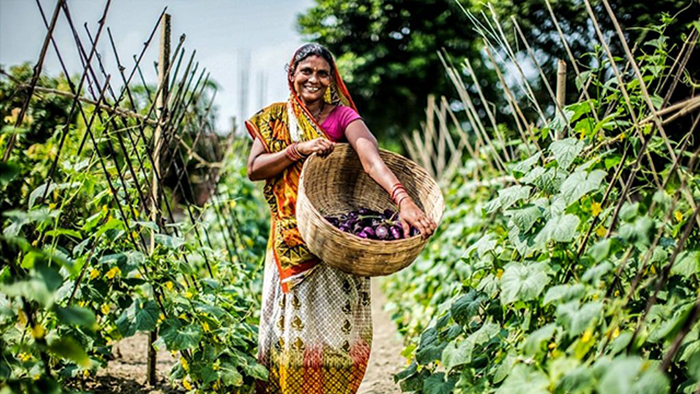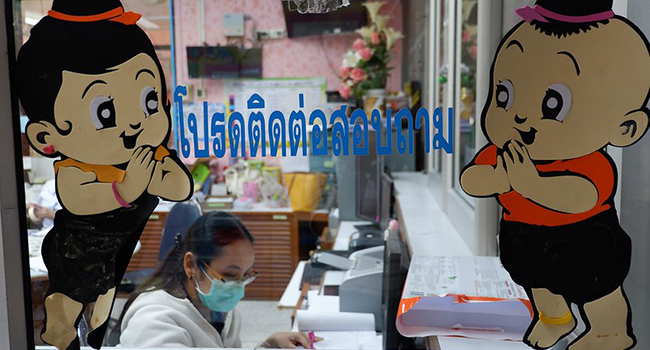
Health workers and Thailand's universal healthcare system. Photo: Public Services International (CC BY-NC 2.0)
Thailand Shares Best Practices and Lessons Learned from the COVID-19 Pandemic
The Global COVID-19 Index recognized Thailand as the top country in making the most progress toward curbing the spread of the pandemic. In a report published by Thailand’s Ministry of Public Health,Thailand shares its experience in addressing the coronavirus disease (COVID-19) outbreak and provides policy lessons to help other countries overcome this disease.
Innovative Public Health Strategies

